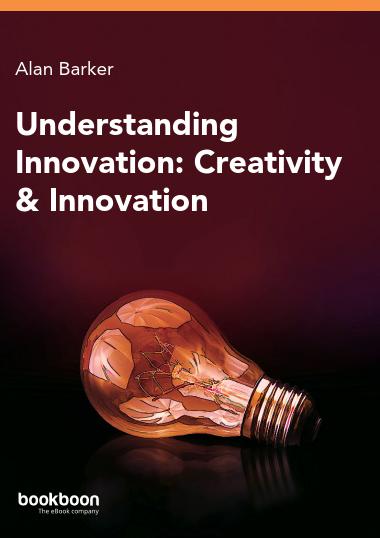3 Innovation Lessons From 3 Wise People

Innovation is the invisible force behind value-creation, economic growth and living standards. After a year of post-truth politics, when we were told that experts were not trusted any more, I need a metaphorical reboot. Maybe you do too? If so, read on for some valuable learning on innovation.
Wisdom might be defined as: knowledge and experience in the service of good judgement. And there is more than 60 years of research, teaching and applied practice explaining how innovation proceeds in organisations. We asked for good judgements from these 3 experienced and strategic practitioners.
Alongside much else, Bettina Von Stamm set up the innovation leadership forum, in order to share existing knowledge and push the boundaries of knowledge around innovation. (innovationleadershipforum.org)
Arthur Fox is the founder of the Innovation Global Network, a virtual network with around 2500 members.(www.innovationglobalnetwork.com)
Deborah Evans is the Managing Director of the West of England, Academic Health Sciences network in the UK (www.weahsn.net). Its role is to enable and spread innovation across healthcare.
1. What single piece of advice would you give to senior executives who want to stimulate innovation in their organisations?
“Leaders can put structures in place and shape conditions (and culture) that nurture innovation; that is their role. As is understanding their own attitude towards experimentation, ambiguity and taking (calculated) risks, so they can collaborate and delegate where necessary.” (Bettina)
“Gain alignment and support throughout the organization for strategic innovation focus areas, and the criteria for innovation ideas to move forward… involving key managers in…creating the focus targets and the criteria. The outcomes will include a much more productive innovation program and much higher employee morale and commitment.” (Arthur)
“Build innovation into the culture by putting your best innovators in charge of the innovation process, making sure this is visibly rewarded. It worked for Google!” (Deborah)
2. What specific example of innovation excited you most in 2016?
“Innovation inspired by nature, known as biomimicry, is what truly inspires me. Long enough have we tried to dominate and control nature, leading to the destruction of our planet. Working with and through nature leads to sustainable and generally also cost effective solutions.” (Bettina)
“I am most excited about the greatly ramped up investments and collaborations in artificial intelligence by almost every major technology company in 2016. We live in an age of exploding data about ourselves and the world, but most of the tools we employ to utilize it are too limited. AI holds the promise of tapping into the full value potential of that data… We are already seeing these benefits in better healthcare diagnosis and management tools.” (Arthur)
“This year I’ve learnt about the work of “Motivation” who provide wheel chairs and help develop wheelchair services and empower disabled people in 120 developing countries across the world. They are amazing!” (Deborah)
3. Hope is often a part of resilience. In 2017, what hopes do you have for how innovation can bring value to organisations and society?
“I prefer taking action to hoping ;-). I like to see innovation that respects all living beings, and the planet in equal measure.” (Bettina)
“I believe we are at a tipping point where organizations are facing up to the realization that the rapid pace of technology development and diffusion means no one can feel secure about their current product/service offerings and business models …I believe this will spur organizations in 2017 to further improve their…ability to innovate.” (Arthur)
“We all need hope, and that’s why it’s my daughter’s middle name! I hope that in 2017 innovation will allow us to better hear and understand what the silent majority wants, and we hear from those in the world who need innovation most. Healthunlocked is a great UK example.” (Deborah)
There are some explicit themes here:
- Optimism about the potential for innovation to bring clear benefits to people.
- That the innovation process is influenceable – if not controllable.
- The role of technology in initiating and spreading value.
- The centrality of people, capabilities and conversations.
And some more implicit themes:
- The need for organisations to accept increased competition and market unpredictability, while also building resource sustainability into their efforts.
- Potential for increased ‘voice’ from previously silent groups.
- That innovation will both disrupt jobs and add value. What is less clear is to whom, where and when!
While we have learnt much about innovation within organisations, there is an emerging challenge: to enable innovation across organisations, sectors and countries. My wish for 2017 is that we enable collaborative, ambitious and bold thinking, on a grander scale, to fit the challenges we face in work and society.
What is your innovation wish for 2017?
About the author:
Dr Rob Sheffield works with organisational leaders to help their teams be more innovative.He applies a systematic approach to this: building work climates to support innovation; linked to strategic goals; delivering training in creative problem solving skills for team members; and helping leaders leverage the cognitive diversity of their team members.He lives in the UK and is interested to talk with people who need imagination and are open to being surprised.
www.bluegreenlearning.com
uk.linkedin.com/in/robjsheffield




